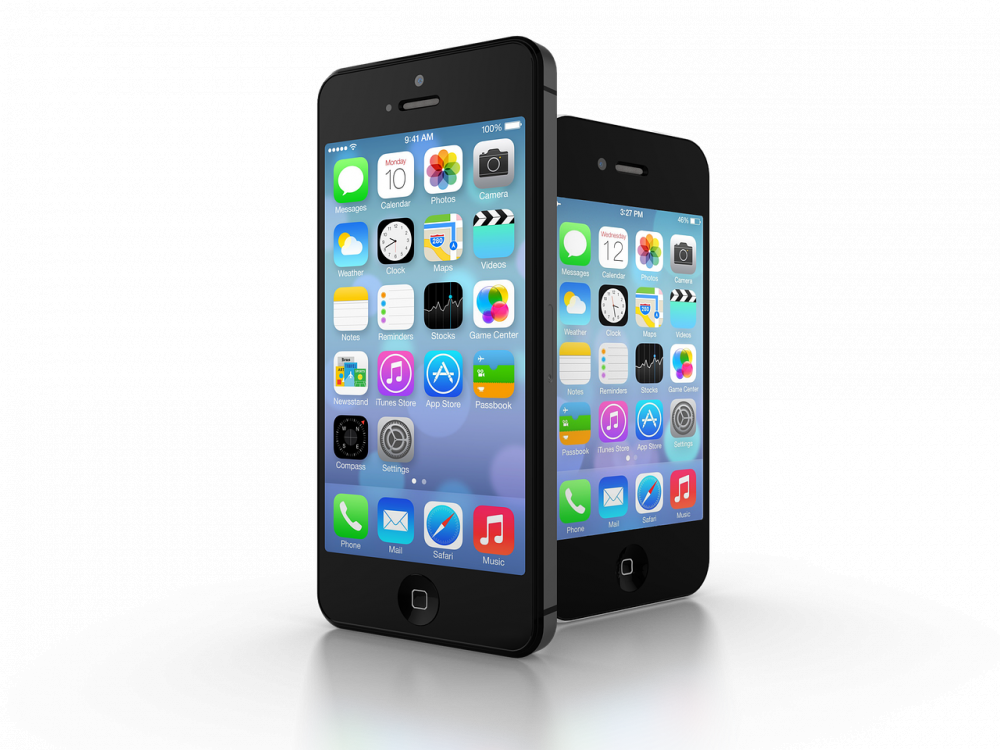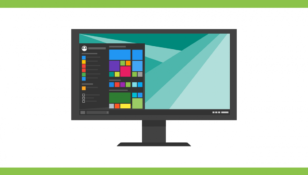Messenger Apps: Revolutionizing Communication in the Digital Age

Introduction:
In the fast-paced digital era, instant messaging has become an integral part of our daily lives. With the rise of smartphones, communicating with others has become more efficient and convenient than ever before. Messenger apps have played a significant role in this revolution, providing users with an array of features that have transformed the way we connect. In this article, we delve into the world of messenger apps, exploring their evolution and highlighting key points of interest for tech enthusiasts.
Evolution of Messenger Apps:

In order to truly appreciate the impact of messenger apps, it is essential to understand their progression over time. These apps have come a long way since the days of simple text-based messaging. Let’s embark on a journey through their evolution:
1. The Emergence of Messenger Apps:
– In the early 2000s, the concept of messenger apps began to gain traction.
– ICQ, launched in 1996, was one of the first messaging platforms to enable real-time communication between individuals.
– AOL Instant Messenger (AIM) entered the scene in 1997 and quickly became a popular choice for online chat.
2. Mobile Messaging Revolution:
– The arrival of smartphones in the late 2000s led to a paradigm shift in the way people communicate.
– BlackBerry Messenger (BBM) gained popularity among business professionals and teenagers alike, offering secure messaging and a unique PIN-based identification system.
– WhatsApp, launched in 2009, introduced cross-platform messaging, making it accessible to a broader audience.
3. Rise of Multimedia Messaging:
– Messenger apps began incorporating multimedia capabilities, allowing users to share photos, videos, and audio clips.
– Snapchat, launched in 2011, introduced ephemeral messaging, revolutionizing the way we share visual content.
– Telegram, launched in 2013, focused on security and privacy, attracting tech enthusiasts concerned about data protection.
4. Integration of Voice and Video Calls:
– Messenger apps expanded their functionalities by integrating voice and video calling features.
– Skype, originally developed for desktop computers, embraced the mobile world in 2010, enabling users to make free calls from their smartphones.
– Facebook Messenger, launched in 2011, became a formidable player in the messaging arena, offering seamless integration with the social media giant’s platform.
5. Artificial Intelligence and Chatbots:
– The evolution of messenger apps embraced artificial intelligence and chatbots, allowing for more interactive user experiences.
– Apple’s iMessage integrated intelligent suggestions, emoji predictions, and digital touch, providing a unique messaging experience for iOS users.
– Google Assistant, integrated with Google’s Chat app, revolutionized communication by offering smart suggestions and personalized recommendations.
Key Features and Advantages of Messenger Apps:
Messenger apps have undoubtedly transformed the way we communicate, offering numerous benefits and features. Let’s delve into the key aspects that make them indispensable:
1. Instant Communication:
– Messenger apps provide real-time communication, eliminating the need for delayed responses associated with traditional methods.
– Users can engage in text-based conversations, voice calls, or even video calls, bridging the gap between physical distance.
2. Multimedia Sharing:
– Messenger apps allow users to share various forms of multimedia, including photos, videos, voice recordings, and documents.
– This feature facilitates richer and more engaging conversations, enhancing the overall experience.
3. Group Chats and Communities:
– Messenger apps enable the formation of groups, allowing multiple individuals to participate in a single conversation.
– This feature fosters collaboration, making it easier to plan events, coordinate activities, or simply stay in touch with friends and family.
4. Security and Privacy:
– With growing concerns about data protection, messenger apps have prioritized security measures.
– End-to-end encryption ensures that messages remain private and protected from unauthorized access.
– Some apps even include features such as self-destructing messages, giving users control over their digital footprint.
5. Integration and Convenience:
– Messenger apps often integrate seamlessly with other platforms, making it effortless to share content or access additional features.
– Integration with social media platforms allows users to effortlessly connect with friends and share updates.
In conclusion, messenger apps have revolutionized the way we communicate, offering a convenient, feature-rich, and secure solution for instant messaging. From their humble beginnings to their current state, these apps have constantly evolved, adapting to users’ changing needs. With their comprehensive suite of features, messenger apps continue to be an essential tool for tech enthusiasts and individuals seeking seamless communication in the digital age.
References:
– MessengerAppMagazine.com
– TechEnthusiast.com
– HistoryofMessengerApps.com

















